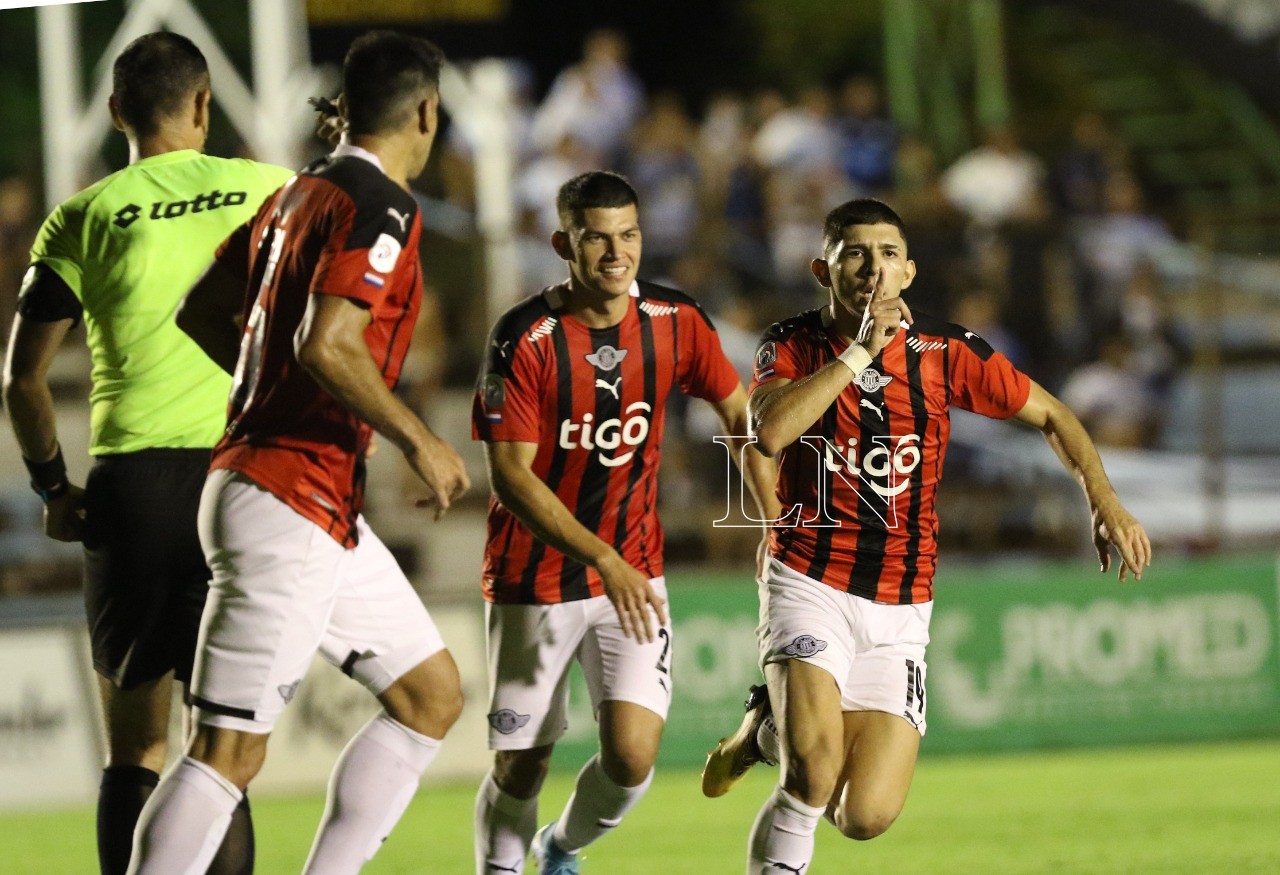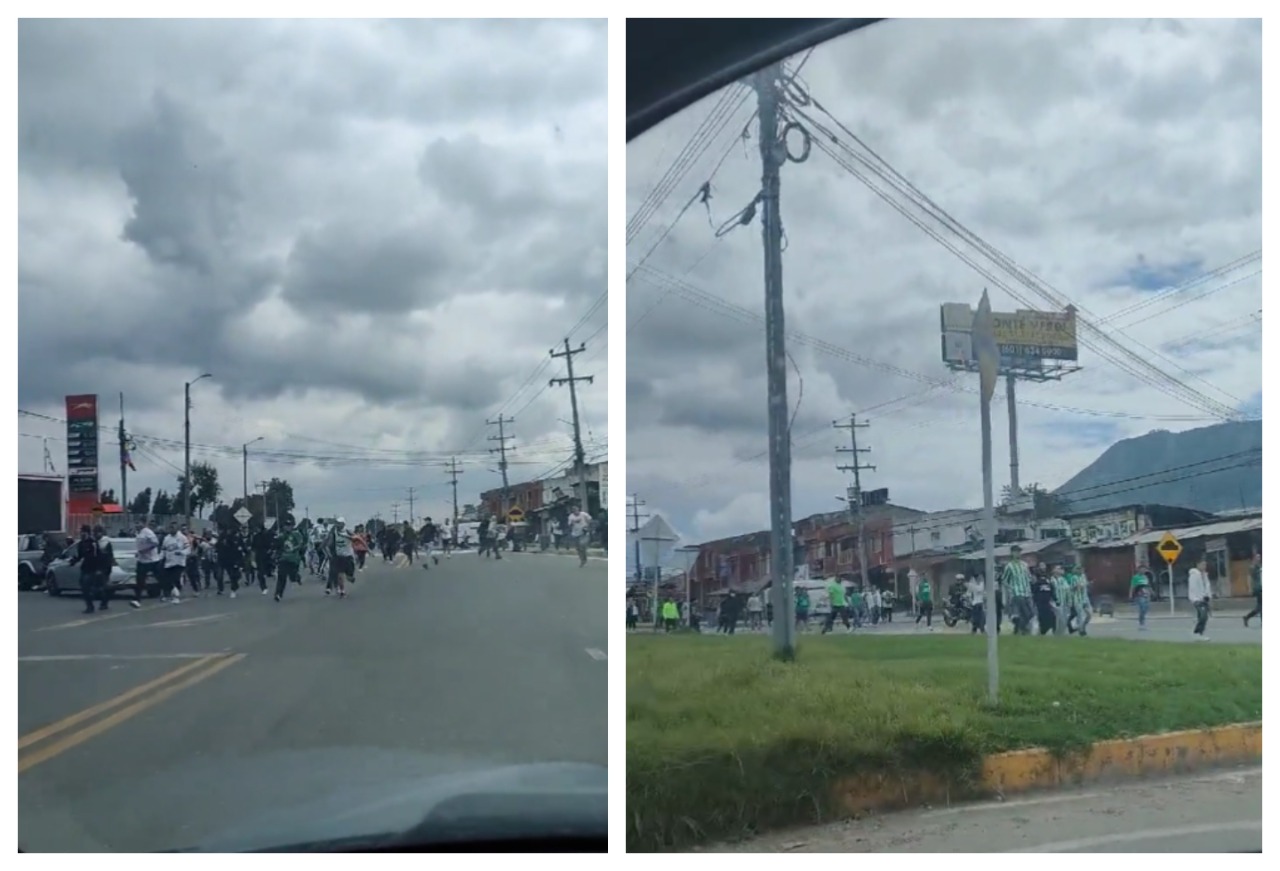AND
n the context of the commemoration of the 42nd anniversary of the martyrdom of Monsignor Óscar Arnulfo Romero, the so-called ConVida20 Global Alliance – with which a sector of the youth of Latin America and the Caribbean tries to respond to the challenge launched by Pope Francis, of imagining another world after the covid-19 pandemic–, held a virtual meeting on a continental scale from March 21 to 25 in response to the Davos Economic Forum, which in February of this year was raised in a cold and technocratically the problem of social inequality.
The meeting was divided into four panels: Women in Struggle and Militarization; Migration, Territories, Native Peoples and Afro-descendants; Foreign Debt and Income, and Climate Crisis and Technologies. More than 100 delegates from the organizations that make up and support the alliance participated in it, united to discuss and create paths for the construction of a world in which all lives on the planet are protected, driven by the utopia of Monsignor rosemary from root the entire system
.
Taking stock of the world crisis, which worsened with covid-19, the contradictions faced by the model supported by the World Economic Forum, called Stakeholder Capitalism, in which the States renounce their role as guarantors of fundamental rights, and progressively delegate their functions to large corporations. As in the case of the climate crisis, in which the aspiration of the COP26, taken up by Davos, is only to reach by 2050 net zero emissions
of carbon, which does not mean that pollution ceases, but only that they can be compensated through transfers of resources and through the load of pollutants from central nations to peripheral countries. This shows that in order for some nations to reach zero emissions, it is necessary for others to absorb the ravages generated by environmental deterioration, thus making visible that inequality is intrinsic to the capitalist model.
At the same time, a call was made to continue and strengthen the organization of the peoples, civil society and social movements, which are the ones that through their tireless work have built alternatives of other possible worlds in the midst of the systemic crisis. that we live.
At a press conference it was stated: hope lies in the articulation of the victimized peoples, who from the local to the global express their transforming force in the direction of achieving a life with dignity for all
. As a result of the four days of reflection carried out by the eight commissions that make up the ConVida20 Global Alliance, work routes were drawn up to contribute to the construction of a more equitable, just and dignified world, in which all the lives of our Common Home are considered and protected.
Among these agreements, the following stand out: 1. To dismantle the patriarchy within the Churches and throughout society, through workshops, courses, forums and talks; 2. Revitalize and resignify the social, political, economic, ecological and cultural dimension of access to land and territory, respecting the worldviews of indigenous peoples and Afro-descendants; 3. Identify and denounce the individual perpetrators and the structural mechanisms responsible for the climate crisis, and strengthen the struggles that ensure the care of the Common Home, and 4. Reflect on the denunciation of the powers that have the technologies in their hands of information, who appropriate our freedom and our right to privacy. bet on the use of software free and non-proprietary.
The meeting was a call to think and build world alternatives, emphasizing the exacerbated contradictions of the current system, which has exacerbated its crisis due to covid-19. And that, based on this global experience, it has been made clear that the defense of people’s lives is also that of all lives; that the defense of the territory, its resources and fruits, is the defense of the present and the future, since we owe ourselves to the land of which we are a part, and that peace and solidarity are the ways to face any contingency.
At the meeting, a strong call for peace was also made, to the point that a whole day was dedicated to reflecting on its construction and consolidation in the American continent and today’s world. And before the invasion of Ukraine by Russia, this problem was focused considering militarism as a threat to peace, both in some Latin American countries, mentioning the cases of Colombia, El Salvador and even Mexico, as well as that of other regions and nations of the planet. Particular emphasis was also given to the problem of pollution, which the first world countries believe to solve with technological measures, and those of the so-called third world through the transformation of consumption patterns.








